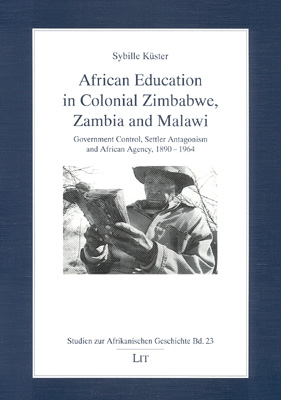Beschreibung
In a critical evaluation of prevailing theoretical
approaches to the history of colonial education, this study
explores the development of African schooling in colonial
Zimbabwe, Zambia and Malawi. Educational expansion, and the
provision of academically-oriented forms of instruction are
seen to reflect the selective acceptance and active pursuit
of formal education on the part of the African population,
and not resulting from imperial schemes of modernization,
social engineering, economic exploitation or cultural
domination. Due to the political strength of the European
settler communities and the regional economy’s demand for
mainly cheap, unskilled farm and mine labor, the overall
trend of government educational policies was to inhibit and
control the expansion of African schooling. In the context
of rural decline and restrictive state policies, which
severely limited African chances for advancement in the
industrial and agricultural spheres, African men and women
came to perceive a literary-oriented kind of education as
the key to gaining remunerable employment, enhancing upward
social mobility, and circumventing the patriarchal control
of chiefs and elders. African efforts to expand the network
of schools, to gain access to higher levels of instruction,
and to shape the contents of education in accordance with
their interests mitigated the confines of official
segregationist policies and thus came to make a crucial
contribution to the dynamics of educational development in
all three of the territories.


